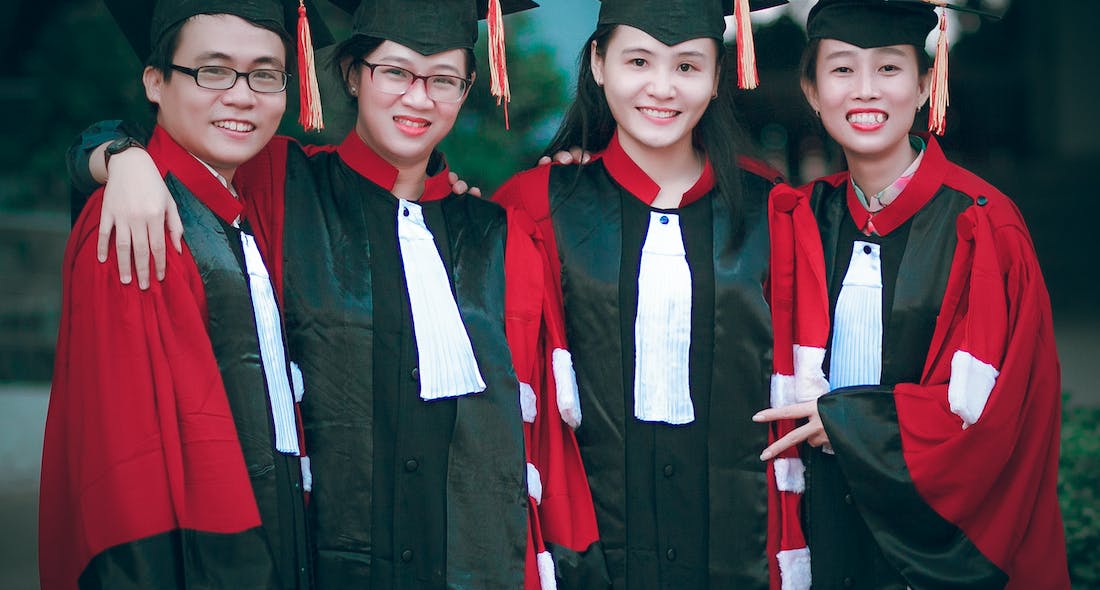BSc Information and Knowledge Systems
Study Programme Details
About this Study Course
Embark on a transformative journey with the Information and Knowledge Systems degree from the University of Pretoria, an ideal program for students passionate about computer science. Delve into specialized areas such as data science, genetics, geographical information systems, IT and enterprises, law, music, or software development. This interdisciplinary program is designed to nurture curiosity, creativity, and expertise in the dynamic realm of information systems.
Overview
The Information and Knowledge Systems degree at the University of Pretoria is crafted to prepare students for dynamic careers in the IT industry within a minimum period of three years. Embrace the multidisciplinary nature of computer science, where the curriculum seamlessly integrates with other fields of study. The option to pursue a second major expands the horizons for students, offering a comprehensive educational experience that transcends traditional boundaries.
Admission Requirements
Embark on your educational journey by meeting the minimum requirements:
- English Home Language or English First Additional Language: 4
- Mathematics: 6
- APS (Admission Point Score): 30
Life Orientation is excluded when calculating the APS. Applicants are encouraged to apply with final Grade 11 (or equivalent) results if currently in Grade 12. Meeting the minimum academic requirements does not guarantee admission.
- Program design
- Operating systems
- Imperative programming
- Computer science
- Discrete structures
- Mathematics
The fee of course is R49000 per anumm
Future Career Outcomes
Graduates of the Information and Knowledge Systems program emerge as versatile professionals, capable of differentiating themselves in the application environment. Whether specializing in data science, genetics, GIS, IT and enterprises, IT and law, IT and music, or software development, their skills find relevance across diverse industries. Future career outcomes include leadership roles, research positions, and contributions to technological advancements in their chosen specializations.




